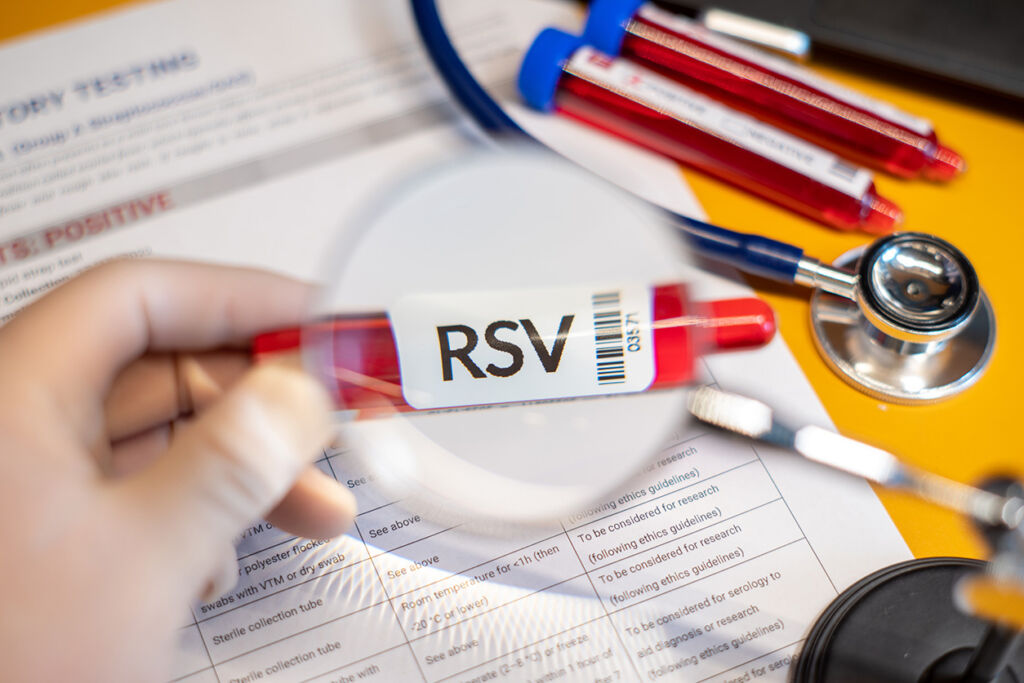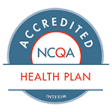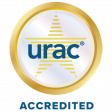
Protect Yourself and Others From RSV
Respiratory syncytial (sin-SISH-uhl) virus, or RSV, is a common respiratory virus that usually causes mild, cold-like symptoms. Most people recover in a week or two, but in some people, RSV can develop into a serious illness leading to hospitalization.
Who Is at High Risk for Developing Severe RSV?
Babies and young children are more likely to develop severe RSV and need hospitalization, especially if they are one of the following:
- Premature babies
- Babies up to 12 months old, especially those 6 months and younger
- Children younger than 2 years with chronic lung disease or congenital (present from birth) heart disease
- Children with weakened immune systems
- Children who have neuromuscular disorders, including those who have difficulty swallowing or clearing mucus secretions.
How to Prevent Getting RSV
There are actions you can take to prevent yourself and others from getting sick from RSV. In this blog post, we will explore easy ways to protect against RSV.
Handwashing is Your Superpower:
The easiest way to prevent the spread of RSV is by washing hands regularly. Encourage everyone in your family to wash their hands with soap and water for at least 20 seconds, especially after coughing or sneezing, using the bathroom, and before eating.
Cover Your Cough
Teach your children and family members to cover their mouths and noses with a tissue or their elbow when they cough or sneeze. This simple habit can prevent the virus from spreading through respiratory droplets.
Get an RSV Vaccine
If you are pregnant, you can get an RSV vaccine between 32–36 weeks of pregnancy to protect your infant after birth, or a preventive antibody can be given to your baby after birth. Click here to learn more about the RSV vaccine and preventive antibody.
As always, it’s important to talk to your or your child’s healthcare provider to see if it’s right for you.
Conclusion
By following these simple steps, you can greatly reduce the risk of getting RSV. A little effort goes a long way in creating a safe and RSV-free environment.
Remember, the key to a healthy family is in your hands!






